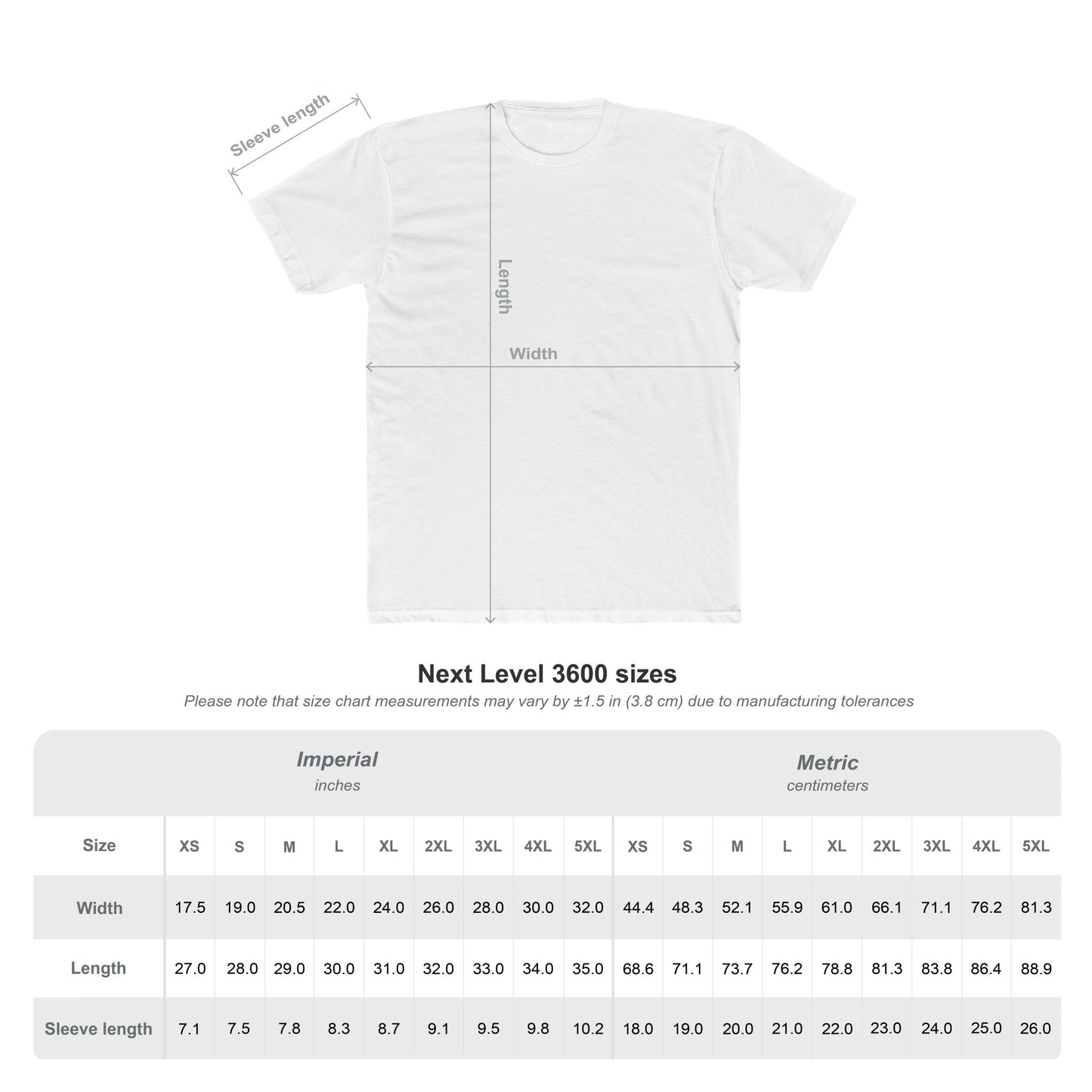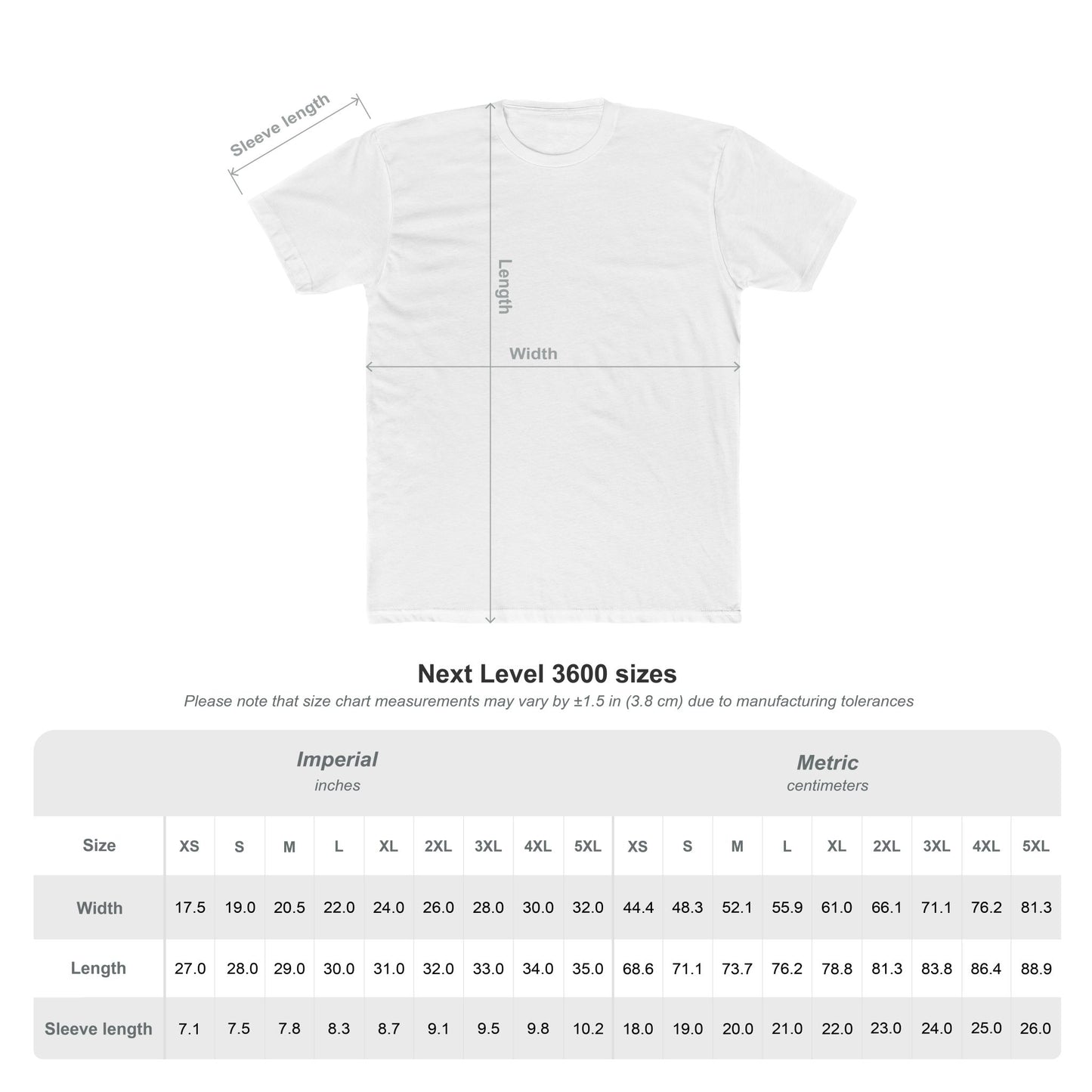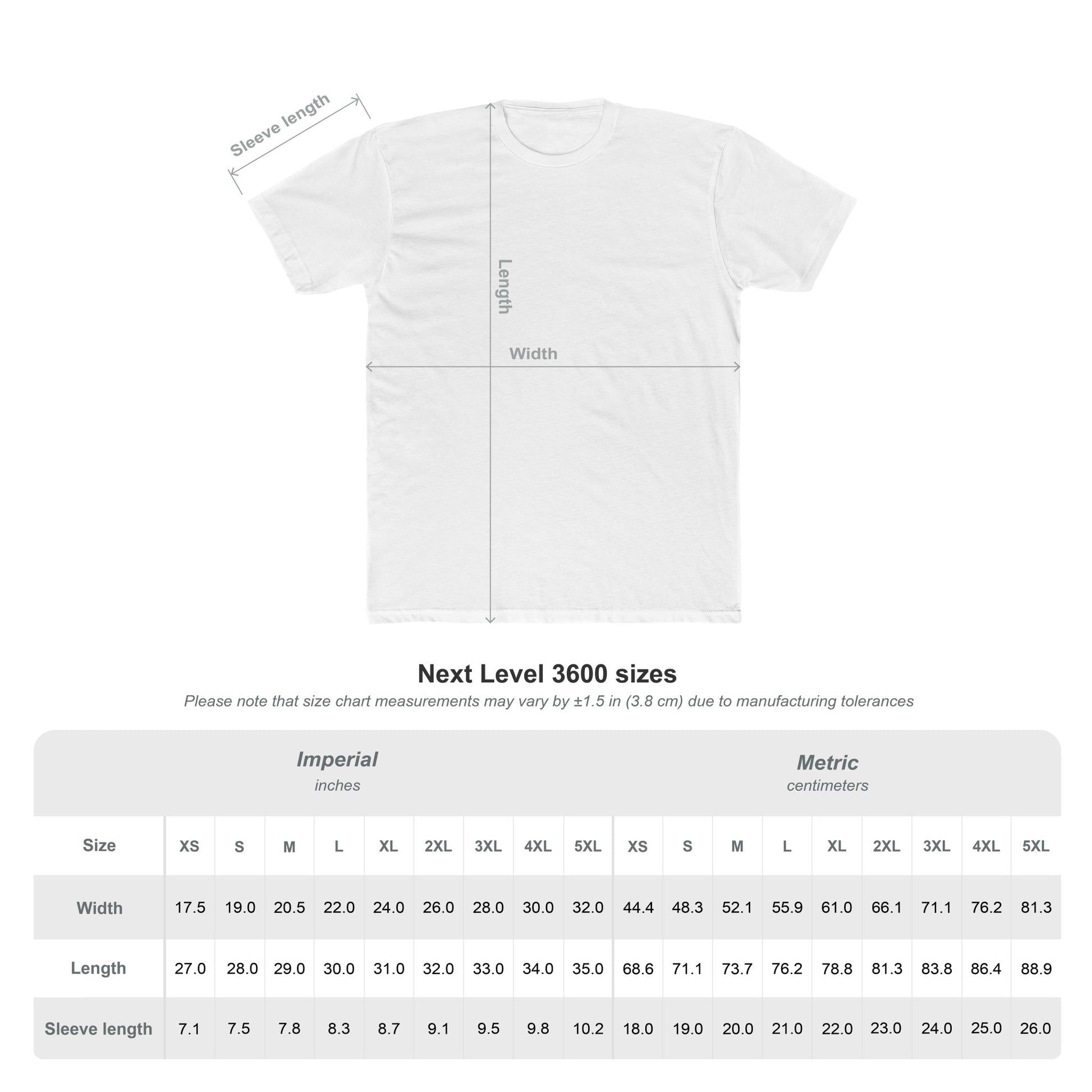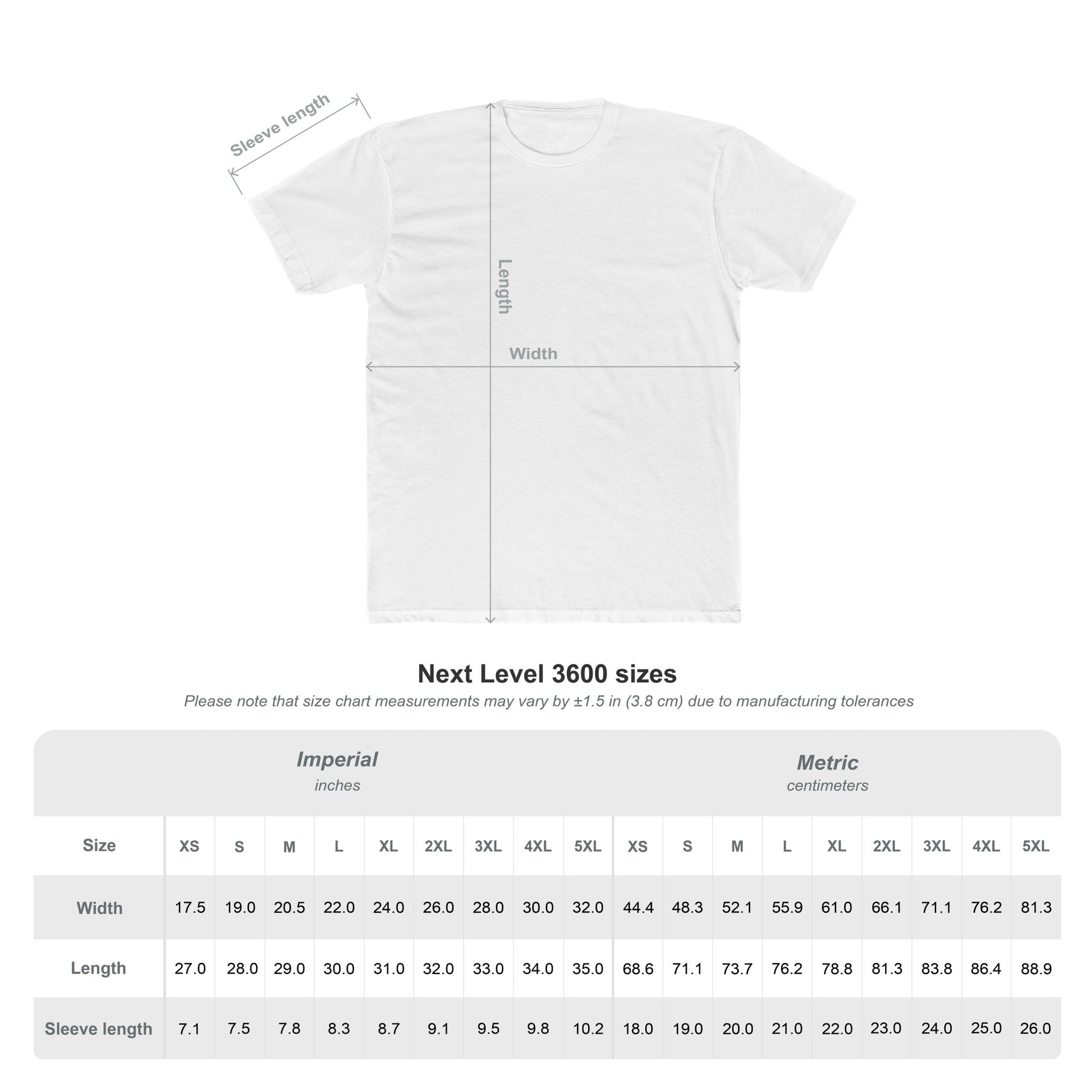1
/
of
5
Theodore Roosevelt had interesting ways to segway to a primary topic.
Theodore Roosevelt had interesting ways to segway to a primary topic.
Regular price
£16.99 GBP
Regular price
Sale price
£16.99 GBP
Unit price
/
per
Taxes included.
Couldn't load pickup availability
In his quest to regulate railroads, Theodore Roosevelt ran afoul of many people. There were the usual suspects, those CEOs of the companies themselves, as well as Republican conservatives, but TR also faced opposition from surprising sources. Former Attorney General and now Pennsylvania Senator [Philander Knox](https://en.m.wikipedia.org/wiki/Philander_C._Knox) joined in with the anti-regulators, as did Roosevelt’s longtime friend [Henry Cabot Lodge](https://en.m.wikipedia.org/wiki/Henry_Cabot_Lodge). If the rate fight brought out the political differences between Roosevelt and the conservatives, it simultaneously revealed the personal shift that was taking place in Roosevelts relations with Lodge. The two men remained friends, as did Edith and Lodges wife, Nannie. But Roosevelts elevation to the presidency, and especially his independent victory in 1904, subtly but unmistakably altered the dynamics between the two. Prior to 1901, Lodge had always been the more influential and accomplished of the two; Roosevelt had frequently found himself a protégé and a project of Lodge. But since that time Roosevelt had raced ahead of Lodge, gaining power, prestige, and popularity that Lodge could only dream of. Lodge lacked the personal magnetism that made Roosevelt irresistible to so many people; the Senate was frankly, as high as Lodge could go in electoral politics. I try to look at Lodge disinterestedly, and try not to let my personal friendship mislead me, Roosevelt told Lyman Abbott. In this very railway fight he is against me. But he is a man of the most sensitive honor, and while I think he is entirely mistaken in being against us and hope we will get him around, I am certain he is absolutely conscientious in his attitude. Roosevelt was conscientious enough in return, but he wasnt above some minor misdirection in trying to bring his friend aboard. The president approached Nannie Lodge about an opportunity to change her husband’s mind. Dear Nannie, I write to you because I feel more confidence in my ability to exert a favorable response from you than from Cabot. Can you have me to dinner either Wednesday or Friday? Would you be willing to have Bay and Bessie [Lodge] also? Then we could discuss the Hittite empire, the Pithecanthropus, and Magyar love songs, and the exact relations of the Atli of the Volsunga Saga to the Etzel of the Nibelungenlied, and of both to Attila- with interludes by Cabot about the rate bill, [Senator] Beveridge, and other matters of more vivid contemporary interest. This ploy did little to move Lodge or the other hardliners. Roosevelt and his chief ally in the matter, [William Allison](https://en.m.wikipedia.org/wiki/William_B._Allison), had to deal with progress in grueling increments. The rate bill fight is dragging slowly along, I think we shall win out on it, but as yet it is doubtful. The spring of 1906 saw Roosevelt engaged in nearly constant negotiations with allies and opponents. It took a lot of politicking, but eventually TR accepted an amendment that increased the power of the courts to intervene in rate-setting matters. The tactical amending opened the way to victory. If the Hepburn bill goes through substantially in its present form, but with that amendment, I regard the outcome as excellent. It did, and he did. On May 18 the Senate approved the bill; in the end only a smattering of holdouts decided that they should stand clearly with the railroads and against the president and the people. The rate bill went through in fine shape, Roosevelt recorded with satisfaction. Six weeks later, after the measure returned from House-Senate reconciliation, he still thought it fine, and he made it law with his signature. Source: T.R., The Last Romantic, pages 546-548
Typical Roosevelt W
That’s my ideal dinner conversation.
Printed on demand by Printify. Ships from the US or UK depending on location.
This shirt is made from responsibly sourced materials and printed using sustainable practices. To care for your shirt, machine wash cold inside-out with like colors and tumble dry low. Do not iron directly on the print.
Typical Roosevelt W
That’s my ideal dinner conversation.
Printed on demand by Printify. Ships from the US or UK depending on location.
This shirt is made from responsibly sourced materials and printed using sustainable practices. To care for your shirt, machine wash cold inside-out with like colors and tumble dry low. Do not iron directly on the print.
Share










